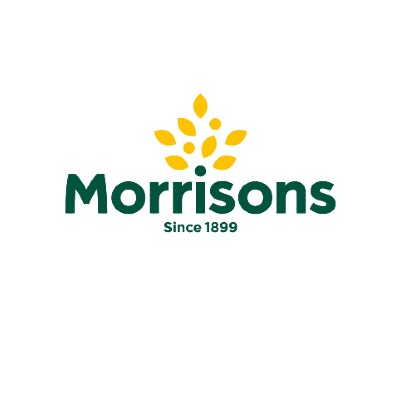Why do some eggs have darker yolks?
Egg yolks vary in colour from dark orange to almost white and this variation is almost entirely due to the pigments in the chicken’s food. A diet rich in pigments will produce eggs with darker yolks. Hens consuming yellow corn or alfalfa meal will lay eggs with medium-yellow yolks, while those on a diet of wheat or barley tend to lay the eggs with the lightest-coloured yolks.


What do different egg yolk colours mean?
During the summer months when hens spend more time outdoors, they tend to eat more seeds, grasses and insects in addition to their regular feed. This may contribute to darker yolks but it does not affect the nutritional value of the eggs at all.
Are darker egg yolks better?
Some people think that eggs with darker yolks have a stronger flavour. We’ve tried all sorts of eggs with different coloured yolks cooked in all different ways and we haven’t noticed any difference in taste so far.
Are orange yolks better than yellow?
No yolk colour is better than any other and is no indication of nutritional content and darker yolks are probably just the result of the hen’s diet being higher in Omega 3.
What colour are bad eggs?
Yolk colour does not change as eggs age. Dark yolks are perfectly safe to eat. If you’re not sure, give them a sniff. Whether raw or cooked, your nose will be able to tell you if your eggs are still good or not.
What colour should fresh egg yolks be?
The colour of your egg yolks is no indication of freshness. To determine how fresh your eggs are and if they are still OK to eat, you should try the eggs test.
Do white hens lay white eggs?
No, feather colour has no relation to eggshell colour. Find out more about egg-shell colour here.






